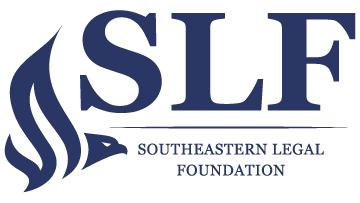The University of Wisconsin-Milwaukee (UWM) has a website called “Hate/Bias,” where it encourages students to report each other to its Office of Equity/Diversity Services anytime they witness a so-called bias incident. If the Office of Equity/Diversity Services decides that students have engaged in hate or bias, it will refer the students to administrators, like the Dean of Students, to take action. Worse still, students can report each other entirely anonymously. This creates a state of censorship on campus, and because of this, Southeastern Legal Foundation (SLF) is calling on the University to remove its bias reporting system from campus.
Read More
Bias reporting systems are unconstitutional for many reasons. Universities like UWM encourage students to report anything they believe is hate speech or biased speech. But hate speech and offensive speech are protected by the Constitution. Bias reporting systems are also unconstitutional because they are very subjective, and leave it up to a few administrators to decide whether and how to punish students for bias. And bias reporting systems are often anonymous, meaning students can falsely report their classmates to campus administrators in an attempt to shut down speech they do not like. Because the reports are anonymous, there is no accountability for the accusers.
In a demand letter to UWM, SLF warns the University that the bias reporting system will result in censorship, especially toward conservative and libertarian students. SLF requests that the University remove the bias reporting system from campus altogether, or at a minimum, clarify that conservative and libertarian students cannot be targeted or punished for their constitutionally protected speech.
